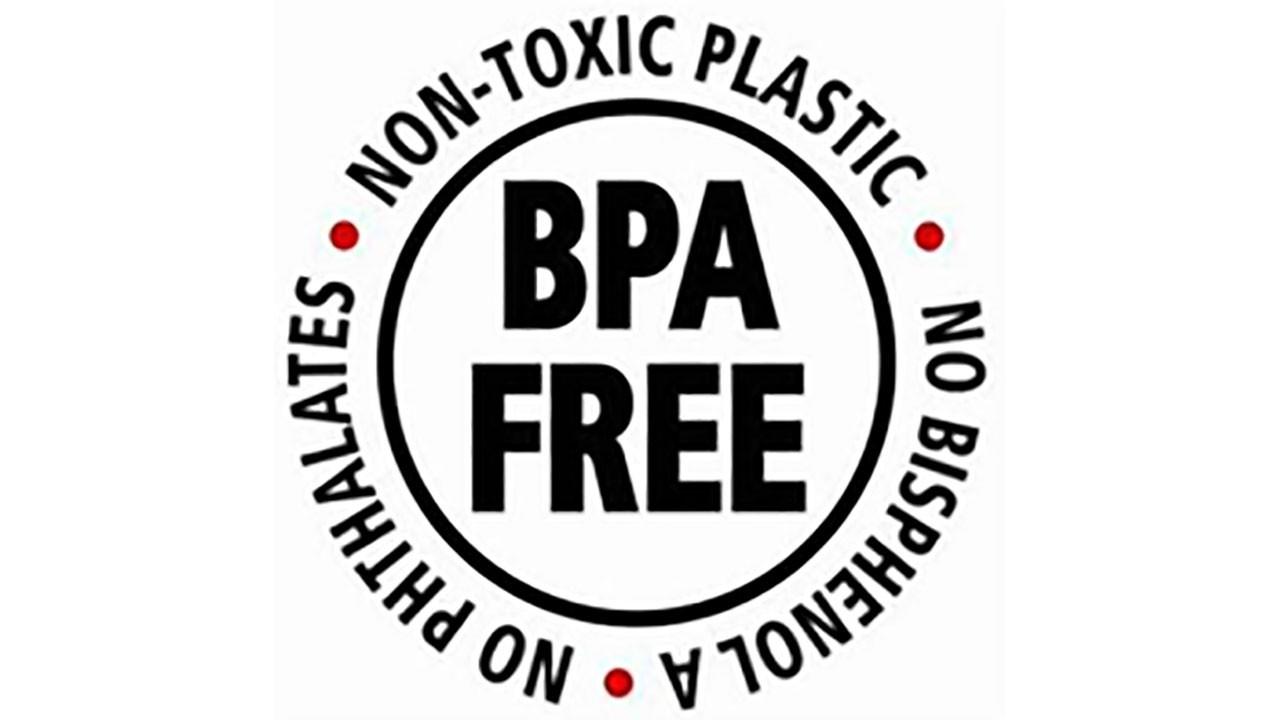Plastic: Your Problem Child

I remember well the dissonance I experienced when irrefutable data about the toxicity of BPA had accumulated at the same time that the FDA made repeated bold claims about its safety. BPA, a synthetic estrogen used as a plasticizer since the 1940s has been linked to cancer, diabetes, cardiovascular disease, infertility, and numerous adverse birth outcomes. Now ubiquitous thanks to antiquated toxicologic assessment methodology and nonexistent regulatory protocols, this endocrine disruptor has been demonstrated to play a role in autoimmune disease. According to Dr. Kharrazian,
Potentialmechanisms by which BPA may be a contributing risk factor to autoimmune disease development and progression include its impact on hyperprolactinemia, estrogenic immune signaling, cytochrome P450 enzyme disruption, immune signal transduction pathway alteration, cytokine polarization, aryl hydrocarbon activation of Th-17 receptors, molecular mimicry, macrophage activation, lipopolysaccharide activation, and immunoglobulin pathophysiology.
The role of BPA, specifically at LOW doses, in triggering immune response and associated food intolerances has also recently been demonstrated. Given the myriad potential disruptive mechanisms of this toxicant, it should present as no surprise that antenatal exposure may result in behavioral and psychiatric adverse effects in offspring. The latest data to reflect this pattern is entitled, “Prenatal and early childhood bisphenol A concentrations and behavior in school-aged children” and measured maternal urine during pregnancy, and children’s urine at age 5, while assessing child behavior through structured interviews and mother-teacher report at ages 7 and 9. The researchers conclude:
Prenatal urinary BPA concentrations were associated with increased internalizing problems in boys,including anxiety and depression,at age 7.No associations were seen with prenatal BPA concentrations and behaviors in girls.Childhood urinary BPA concentrations were associated with increased externalizing behaviors,including conduct problems,in girls at age 7 and increased internalizing behaviors and inattention and hyperactivity behaviors in boys and girls at age 7. Conclusions: This study adds to the existing literature showing associations of early life BPA exposure with behavior problems, including anxiety, depression, and hyperactivity in children.
Given data that suggests that 95% of Americans have BPA in their urine, and risks to mothers and babies in the form of dental sealants, receipts, medical devices, can linings, and plastic food containers, we can hope to minimize daily exposure by avoiding plastic at all costs, minimizing dental interventions, and rejecting receipts.
Unfortunately, less studied replacement chemicals such as BPS are also beginning to accumulate negative data in animals. The safest bet is to stick with inert materials such as glass, whenever possible. Here’s a great option for the mamas out there looking for toddler cups!
Want to continue reading?
Enter your details below to read more and receive updates via email.









